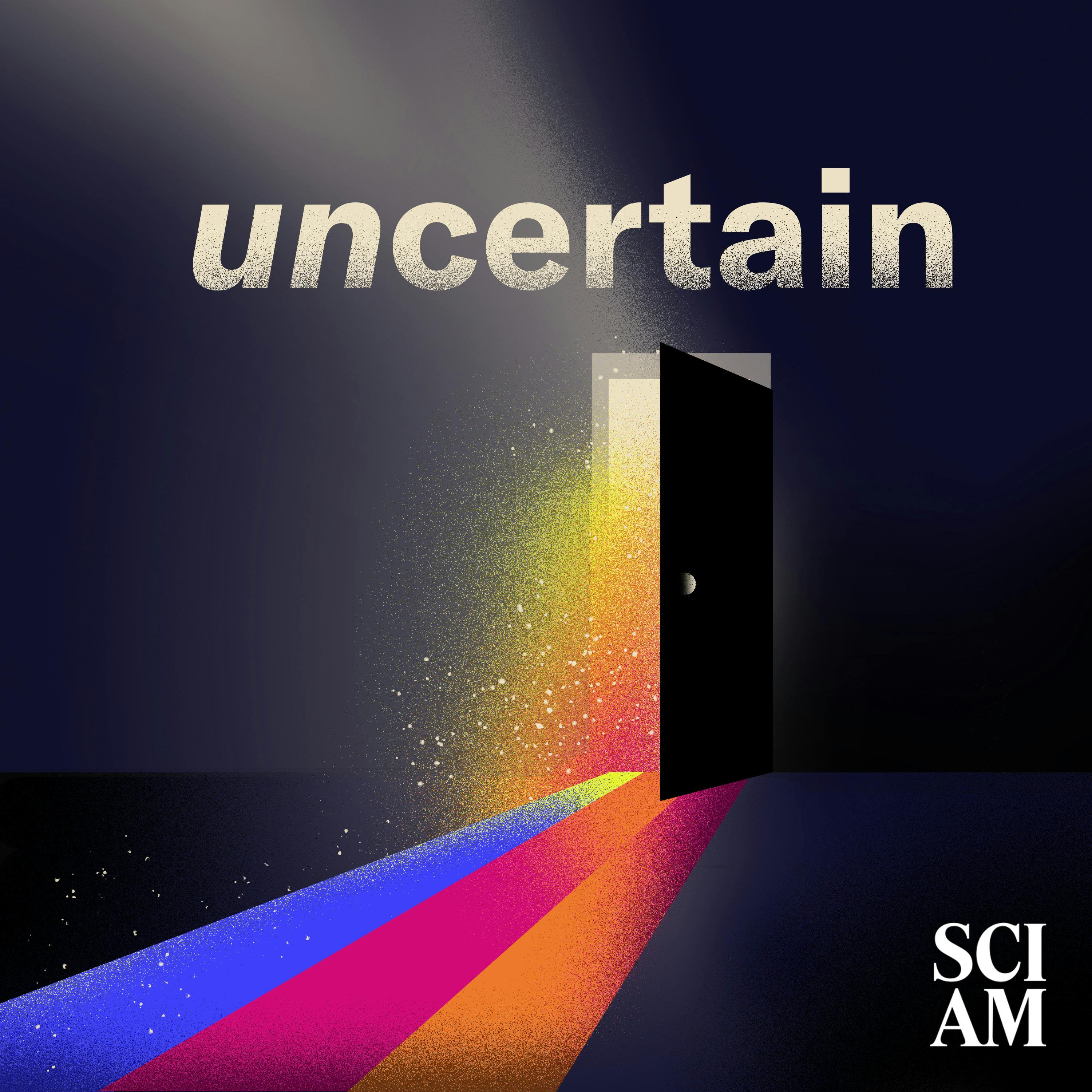

Science Talk
Scientific American
Science Talk is a podcast of longer-form audio experiments from Scientific American--from immersive sonic journeys into nature to deep dives into research with leading experts.
Episodes
Mentioned books

Apr 22, 2019 • 37min
A Tree and Its People in a Warming Landscape
Conservation scientist Lauren Oakes discusses her book about Alaska ecology and sociology, In Search of the Canary Tree: The Story of a Scientist, a Cypress, and a Changing World.
Learn more about your ad choices. Visit megaphone.fm/adchoices

Mar 13, 2019 • 36min
Science Couple Phages Out Superbug
Medical researcher Steffanie Strathdee needed to save the life of her husband, researcher Tom Patterson, when he contracted one of the world's worst infections. She turned to phage therapy: using a virus to kill the bacteria.
Learn more about your ad choices. Visit megaphone.fm/adchoices

Feb 20, 2019 • 26min
Vaccine Rejection: Truth and Consequences
Kent State epidemiologist Tara Smith talks about vaccines, recent preventable measles outbreaks and her 2017 journal article on vaccine rejection.
Learn more about your ad choices. Visit megaphone.fm/adchoices

Feb 12, 2019 • 16min
On the Origin of Darwin
On this 210th anniversary of Darwin's birth we hear evolution writer and historian Richard Milner perform a brief monologue as Charles Darwin, and former Scientific American editor in chief John Rennie and Darwin's great-great-grandson Matthew Chapman read excerpts from The Origin of Species.
Learn more about your ad choices. Visit megaphone.fm/adchoices

Jan 31, 2019 • 17min
Warming Arctic on Thin Ice
Scientific American collections editor Andrea Gawrylewski talks to managing editor Curtis Brainard about how warming in the Arctic affects us all. And glaciologist Elizabeth Case takes us out near Juneau to study and live on the shifting ice.
Learn more about your ad choices. Visit megaphone.fm/adchoices

Jan 14, 2019 • 30min
Fake Whiskeys and Octo-Ecstasy
Scientific American assistant news editor, Tanya Lewis, and collections editor, Andrea Gawrylewski, take a deeper look at two short articles from the Advances news section of the December issue, on counterfeit whiskeys and the effect of real ecstasy...on octopuses.
Learn more about your ad choices. Visit megaphone.fm/adchoices

Jan 3, 2019 • 9min
Ultima Thule and the Apes of Earth
As the New Horizons mission approached Ultima Thule, Rowan University paleontologist Kenneth Lacovara put our close-up study of the Kuiper Belt object into a deep-time perspective.
Learn more about your ad choices. Visit megaphone.fm/adchoices

Dec 18, 2018 • 40min
Meet the Real Ravenmaster
Christopher Skaife talks about his new book The Ravenmaster: My Life with the Ravens at the Tower of London, in front of a live audience at Caveat, “the speakeasy bar for intelligent nightlife" in Lower Manhattan.
Learn more about your ad choices. Visit megaphone.fm/adchoices

Nov 22, 2018 • 22min
The Crusade against Dangerous Food, Part 2
Pulitzer Prize–winning journalist Deborah Blum talks about her book The Poison Squad: One Chemist’s Single-Minded Crusade for Food Safety at the Turn of the 20th Century, Part 2.
Learn more about your ad choices. Visit megaphone.fm/adchoices

Nov 21, 2018 • 31min
The Crusade against Dangerous Food, Part 1
Pulitzer Prize–winning journalist Deborah Blum talks about her book The Poison Squad: One Chemist’s Single-Minded Crusade for Food Safety at the Turn of the 20th Century, Part 1.
Learn more about your ad choices. Visit megaphone.fm/adchoices


